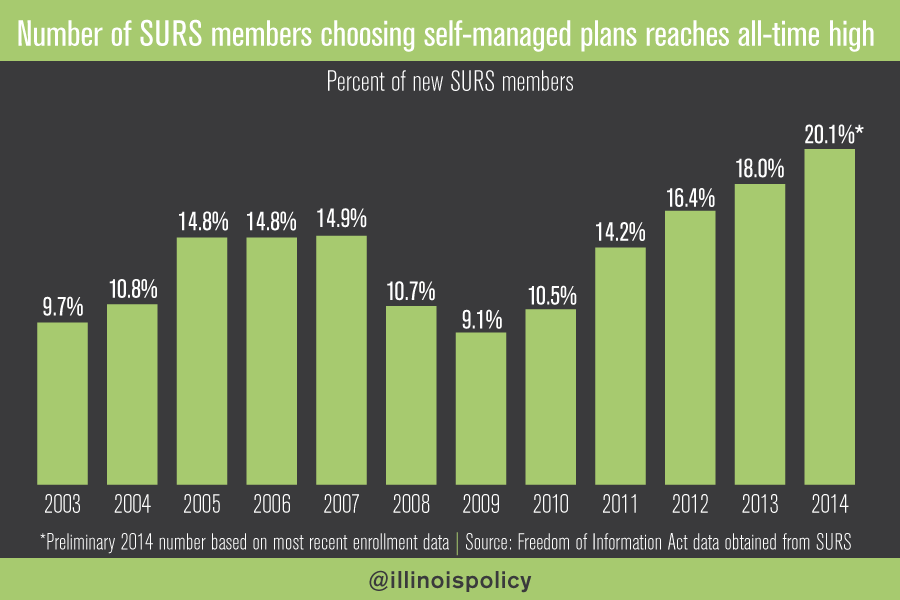Republican Rep. Mike Tobash has taken to YouTube to promote his plan for a hybrid pension system in Pennsylvania.
The plan was introduced July 2 as House Bill 1353.
The group Pennsylvania Needs Pension Reform, which supports the plan and also hosts the above video on its YouTube account, provided a summary of the benefits on its website:
What the Plan Does
1. Shifts risk.
Under this plan, the future pension investment risk facing the state, school districts, and taxpayers will shift to members of the retirement plans as hybrid tier participation grows. The Commonwealth and its taxpayers would be more sheltered from risk, irrespective of market performance.
2. Delivers competitive benefits.
This plan provides new employees with retirement benefits that are every bit as competitive and desirable as those they would receive in the private sector.
3. Protects earned benefits.
The plan proactively works to protect the benefits that hard-working Pennsylvanians have already earned. Under this plan, no current employee or retiree would see any changes to his or her plan.
4. Demonstrates responsible spending.
This is the fiscally responsible thing to do; not a “quick fix” like we have seen in the past. We would be making a fundamental change to ensure we can responsibly meet our statutory obligation to the retirement systems moving forward.
5. Stops the bleeding.
The projected debt associated with our current pension systems is expected to be eliminated by fiscal year 2044 as we meet our annual payment obligations. We can eliminate the unfunded liability years sooner by putting savings back into the systems.
6. Safeguards Pennsylvania’s credit rating.
The Commonwealth’s credit rating has already suffered from the pension crisis. Our approach protects taxpayer money by helping to avoid inflated interest rates on our credit.









